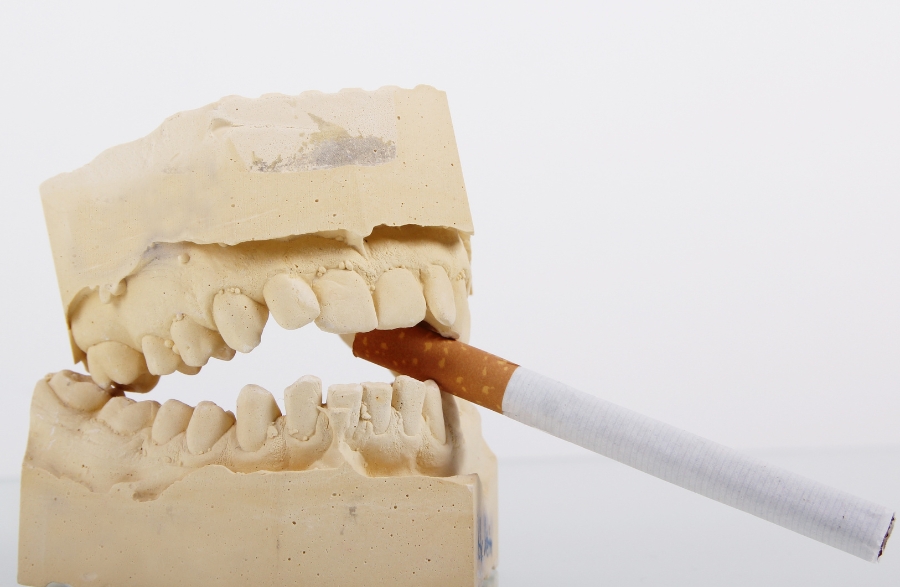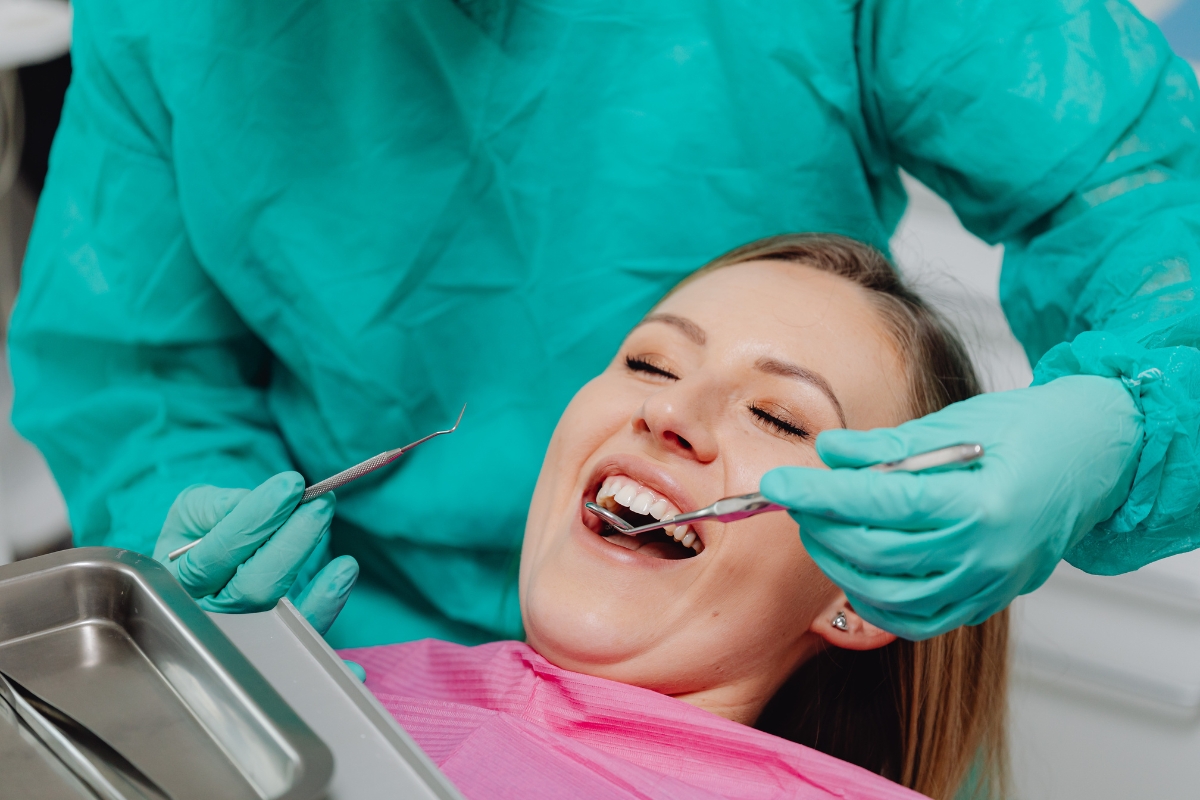
Many of us are aware of how smoking harms our lungs and heart and increases the risk of cancer. But do you know smoking also has a serious impact on our oral health? A report published by the CDC shows how smoking can be the reason behind growing incidents of gum disease, oral cancer, and tooth loss.
Smoking can be one of the primary reasons behind plaque and tartar buildup which heightens the risk of oral infections. It’s believed that the chemicals present in cigarettes can impede the balance between oral bacteria. Apart from this, smokers also struggle with a weak immune system which complicates their oral health and makes the healing time longer than usual.
However, the effects of smoking on oral health extend far beyond these. Let’s check them out below:
Staining and Discoloration
Tobacco has nicotine and tar, which stain teeth. Chain smokers often struggle with yellow teeth. The longer they smoke, their teeth become brownish with time. The American Dental Association states that smokers are twice as likely to experience dental discoloration as non-smokers.
Higher Risk of Gum Disease
Smoking also compromises the immune system, which makes it more difficult to recover from gum infections. And that’s not it! The Centers for Disease Control and Prevention documents that smokers also suffer from oxygen deficiency in the bloodstream. It slows down their healing process from gum infections. The deeper gum pocket depth of smokers makes them prone to jaw bone loss.
Delayed Healing After Dental Procedures
Smoking reduces blood supply to the gums. It leads to retarded healing following dental procedures or extractions. This may cause complications post-surgery and lengthens the recovery period.
Risk of Oral Cancer
The use of tobacco is a significant risk factor for oral cancer. The World Health Organization reports that the use of tobacco contributes to as much as 50% of all oral cancers. The reason behind this is tobacco in cigarettes contains chemicals like hydrogen cyanide and benzene. These alien chemicals can change the rate of cell growth. Higher or uncontrollable cell growth can cause cancer.
Tooth Sensitivity
Smoking plays a vital role in dry mouth. Lack of saliva makes enamel vulnerable in front of the attack of plaque and bacteria. It makes smokers prone to sensitive teeth, decay, and tooth loss.
Tooth Loss
The severe effects of smoking on oral health can lead to extensive gum disease that causes tooth loss. Research indicates that smokers lose their teeth faster than people who do not smoke, and the level of risk increases with the number of cigarettes one smokes per day.
Bad Breath and Taste Alteration
With the growing risk of gum inflammation or infection, no wonder smokers struggle with chronic bad breath. And it can change your sense of taste. This may influence your ability to enjoy food and socialize. Bad breath is one of the primary reasons behind low self-esteem. So, smoking eventually impacts all aspects of your life.
The only solution to get rid of smoking-induced oral concerns is quitting smoking. It can improve your oral health considerably, lowering the chances of gum disease, tooth loss, and oral cancer. For customized guidance and advice on dental care, visit our dentist and oral healthcare provider.


